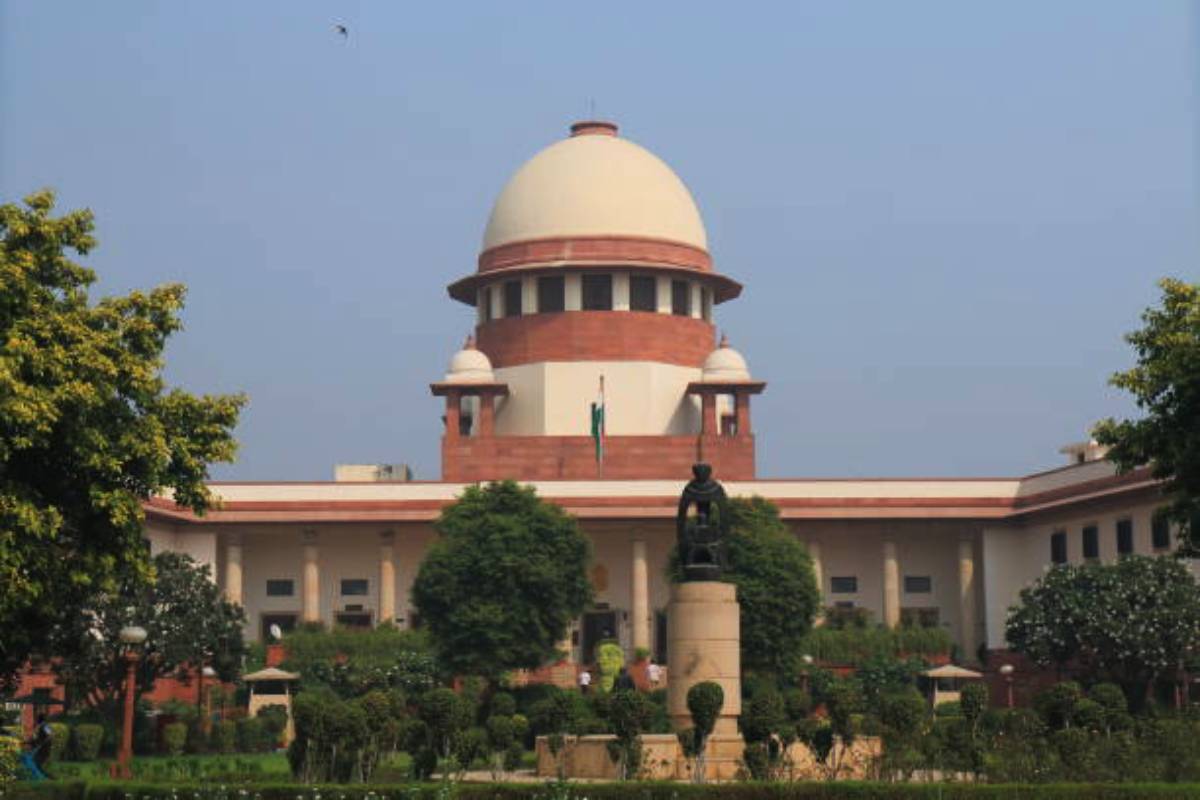The Supreme Court will hear on May 9 petitions seeking to criminalize the marital rape, including one arising from the split verdict by a division bench of Delhi High Court on May 11, last year.
The petitions have challenged the validity of Exception 2 of Section 375 of Indian Penal Code that protects a husband from criminal action for having non-consensual sex with his wife.
A bench of Chief Justice DY Chandrachud, Justice PS Narasimha and Justice JB Pardiwala on Wednesday posted the matter for hearing on May 9 after a mentioning by senior advocate Indira Jaisinh and Karuna Nandy telling the court that the issues which need to be adjudicated have been agreed between the parties, and a common compilation is ready.
“List this on May 9, 2023,” the bench said.
The Solicitor General Tushar Mehta told the court that the Centre’s reply is ready and has to be vetted. The Centre will file its reply soon, the SG said.
The Supreme Court had on January 16 asked the Centre to respond to the petitions challenging the constitutional validity of the Exception 2 to Section 375 of Indian Penal Code on the touchstone of Articles 14, 19(1)(a) and 21 of the Constitution.
The Solicitor General Mehta, had on January 16 told the court that the issue has legal as well as “social implications” and the government would like to file its response to the petitions.
“The Union of India shall file a counter affidavit by February 15, 2023. The batch of petitions will be heard on March 21,” the court had ordered.
The matter could not be taken up on Tuesday (March 21) owing to Justice Pardiwala’s absence as he was indisposed. One of the pleas has been filed by Khushboo Saifi, one of the petitioners before the Delhi High Court.
Another plea has been filed by a man against the Karnataka High Court verdict which paved way for his prosecution for allegedly raping his wife.
The Karnataka High Court had on March 23 last year said exempting a husband from allegation of rape and unnatural sex with his wife runs against Article 14 (equality before law) of the Constitution.
The others are PILs including one by AIDWA filed against the IPC provision and have challenged the constitutionality of the marital rape exception under Section 375 IPC (rape) on the ground that it discriminates against married women who are sexually assaulted by their husbands.
Under the exception given in Section 375 of the IPC, sexual intercourse or sexual acts by a man with his wife, the wife not being minor, is not a rape.












